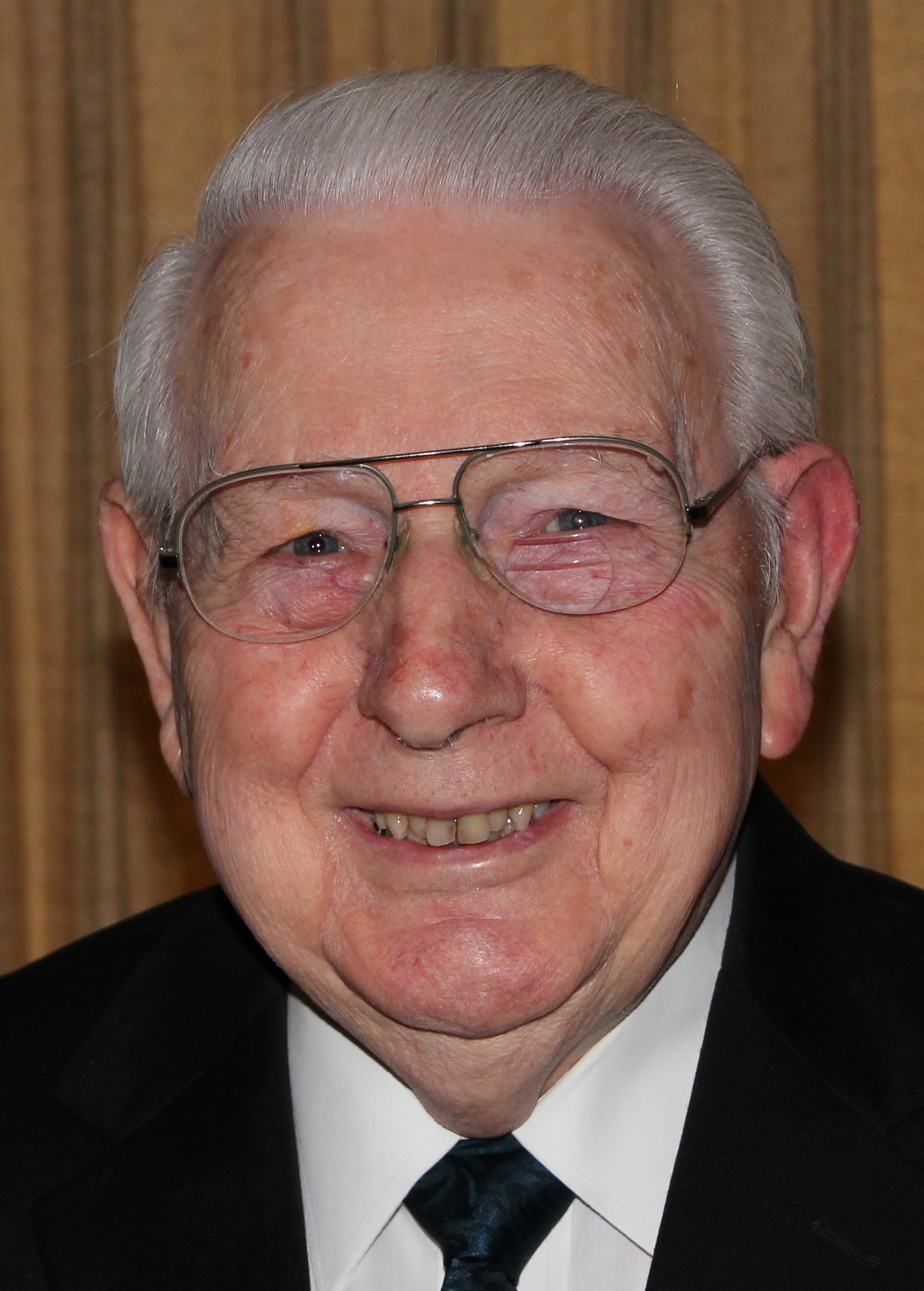 April 14, 2015 (Tuesday)
April 14, 2015 (Tuesday)
Can you interpret the following sentence? “The former world number one cursed his poor tee shot, but got a good lie on pine straw, punched out to the middle of the fairway and made birdie.” If you can, you are no doubt a golfer. I am not a golfer, therefore I am in the dark here.
Ever notice that certain professions and special interests have vocabularies all their own? Those involved understand each other, but outsiders do not know what’s being said. Did a doctor ever tell you what’s wrong with you in technical language you don’t recognize? When he’s finished telling you, only the nurse in the room knows what he said.
A guy decided to help us out in this regard so he wrote, “The depletion of meaning in the lifeworld can only be arrested through the translation of the gains of expert knowledge into the communicative practices of everyday life.” Wha..?
Another guy solved all our interpretation difficulties by writing, “English is a derivative language. I think the idea would be to find words that, although their etymology could be traced back to whatever language, the word has become appropriated in such a way that it is uniquely English in its definition and connotations, so much so that you couldn’t, say, translate it back into the language of its etymological roots and retain the same meaning.” Thanks a lot, guy, whoever you are.
I’ve said all this to point out for us all that Jesus was the greatest teacher of all time.  He spoke plainly and everyone understood what he was saying. He spoke of lost sheep, misplaced coins and rebellious sons. He used no special vocabulary. We never hear him speak of “regeneration,” “sanctification,” or “justification.” Instead, he says simply, “I came to seek and to save the lost.” His final speech to his disciples was without complicated formulas: “A new commandment I give to you, that you love one another as I have loved you.”
He spoke plainly and everyone understood what he was saying. He spoke of lost sheep, misplaced coins and rebellious sons. He used no special vocabulary. We never hear him speak of “regeneration,” “sanctification,” or “justification.” Instead, he says simply, “I came to seek and to save the lost.” His final speech to his disciples was without complicated formulas: “A new commandment I give to you, that you love one another as I have loved you.”
We would do well to learn from Jesus as we try to tell people how to be saved. Paul knew when to speak plainly, as he did when asked, “What must I do to be saved?” His answer, plain and simple: “Believe in the Lord Jesus Christ and you shall be saved.” Peter said, however, that Paul sometimes said things that were “hard to understand.”
All of us preachers should imagine a sign visible only to ourselves on our pulpits: “KISS.” You know what that means. No, it does not stand for “Keep it simple, Sir.”
